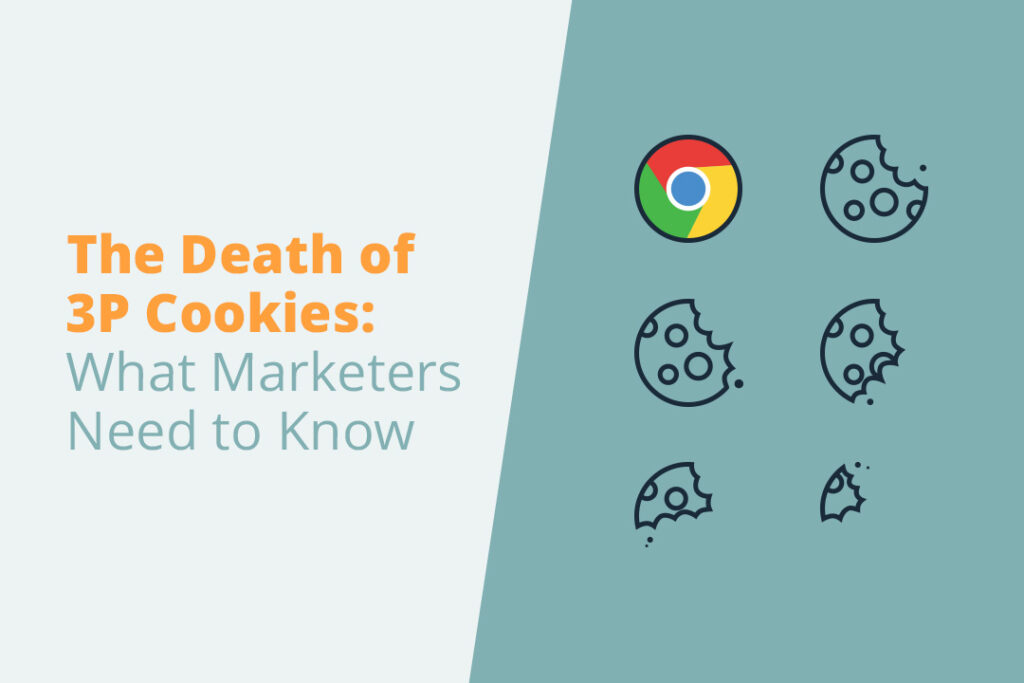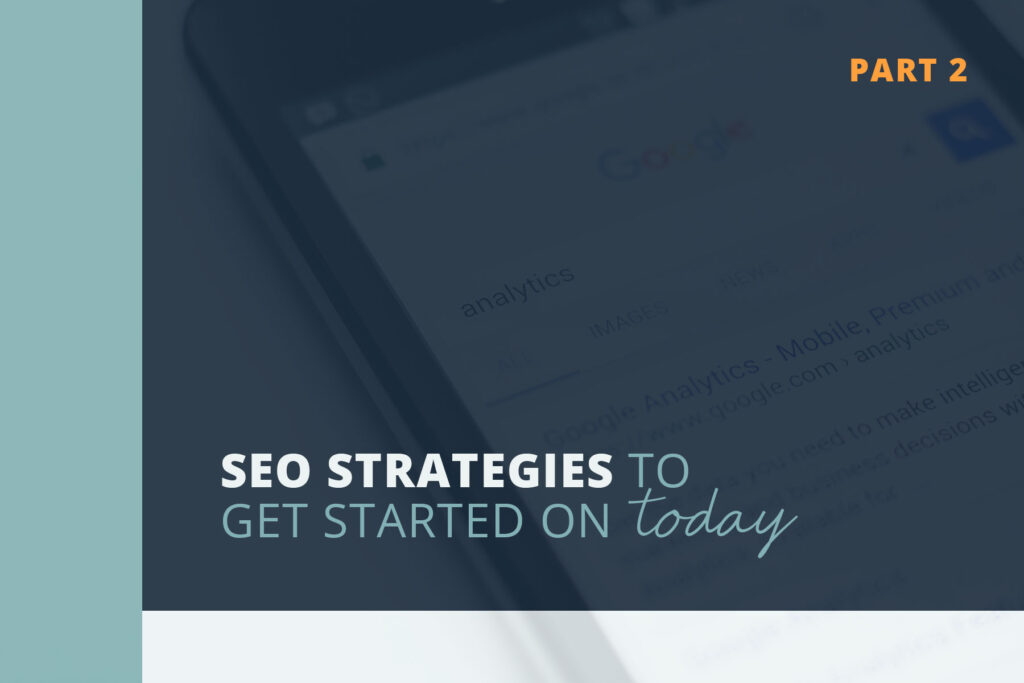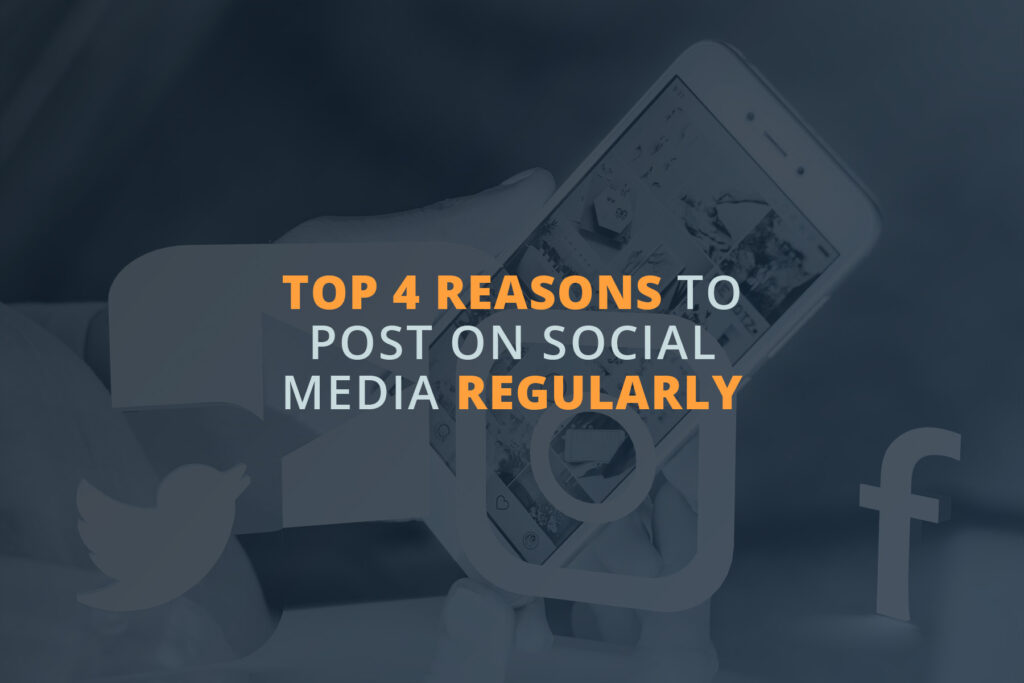Google’s decision to phase out the use of third-party cookies on Chrome and Chromium-based browsers has created a lot of discussion surrounding privacy and the use of online trackers to deliver marketing content.
The phase out was initially announced in February 2020, but has created buzz in recent months due to Google’s decision to stop building “alternate identifiers to track individuals as they browse across the web,” or within their products.
For those unfamiliar with third-party cookies, their importance, and why the phase-out came to be, here is some background information:
For years, marketers, brands and publishers have been using third party cookies to track website visitors, improve user experience and collect data to target ads to the correct audiences.
You might be wondering what third party cookies are and if there are other types of cookie tracking out there.
3rd Party Data: Data that’s collected by a company that doesn’t have a direct relationship with consumers. Typically set by a third party to track user behavior across sites and used to deliver ads to consumers as they navigate publisher websites.
There are other types of cookies that help facilitate tracking for advertising purposes. Here’s a breakdown:
1st Party Data: Data collected from a company’s customers or audiences. This type of data can come from your own website, CRM, customer feedback, purchases or any other information given with the consent of users or customers.
2nd Party Data: Essentially a company’s first party data that can be utilized by another company. An agreement between the companies is made and their data is not publicly available to anyone else.
So why is Google phasing out third-party cookies? The move is happening to protect users and their privacy. According to Pew Research Center:
72% of people feel that almost all of what they do online is being tracked by advertisers, technology firms or other companies, and 81% say that the potential risks they face because of data collection outweigh the benefits.
Google will continue to support first-party cookies on their ad platforms for partners who have direct connections with their customers and audiences.
Both Safari and Firefox disabled third-party cookie tracking over five years ago. The hype around Google disabling third party cookies is partially due to the fact that 64% (highest market share) of people use Chrome as their choice of internet browser.

Many advertisers are wondering how this disruption will affect targeting and marketing efforts in the coming months and years. First and foremost, Google announced an extended timeline for phasing out 3P cookies, so there’s plenty of time to prepare.
The phase-out plan on Chrome will come in two stages:
Stage 1 (Starting late-2022): Following testing completion and the API launch in Chrome, Stage 1 will start. During Stage 1, publishers and the advertising industry will have time to migrate their advertising services. This stage should last nine months.
Stage 2 (Starting mid-2023): Chrome will phase out support for third-party cookies over a three month period finishing in late 2023.
These consumer privacy changes will be welcomed by consumers for protecting their data privacy. For marketers who have become dependent on third-party cookies to target and scale their ad campaigns, however, this phase-out can represent disruption on a large scale. Advertisers should start collecting and segmenting user data by activating the collection of first-party data from their Customer Relationship Management (CRM) and Customer Data Platform (CDP) platforms, and offline contacts in their advertising campaigns.
Leveraging first-party data is a great first step to preparing for the depreciation of third-party cookies. Here are a few ways to own your first-party data:
- Improve the customer’s purchasing experience
- Invest in email marketing
- Launch SMS programs
- Integrate CDPs
The depreciation of third-party cookies is one of the first steps in creating a more privacy-first web. Apple and Facebook are following suit by announcing changes and updates to their apps and platforms. Follow along in this series for more shifts in the privacy and marketing realm.
Editor’s Note: This is the first blog of RideDigital’s on going exploration into a privacy-first web.



